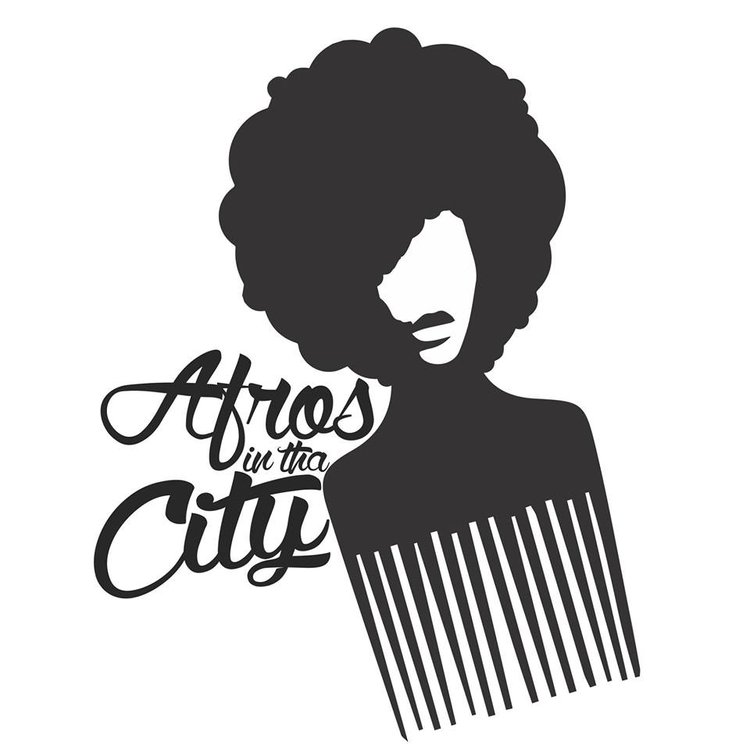Prolific and mysterious, Jamaican born Lord/Ohene Ifrit was my first exposure to metal from the Caribbean several years ago, before I ever dreamt a series like Black Metal could be written. With a degree of involvement in at least three bands, all of which have elements tied to the Caribbean and its history, Ohene Ifrit is one of the most interesting figures in their metal scene.
While it’s hard to call any of Ifrit’s satanic, occult heavy music “secular”, Broken Messiah, his current side project, is likely some of his most secular work in a sense regardless. Performing under the pseudonym Kobby Bonsam, Ifrit pays tribute to old school black metal. Unlike his main project Orisha Shakpana, the lyrics of Broken Messiah generally breaks away from Afro-Caribbean folklore and spirituality, and heads towards what is described on his Encyclopedia Metallum page as lyrics inspired by his musical influences, revolving around “Satanism, witchcraft, murder and sex”.
Being a tribute to the first wave of black metal, Broken Messiah's sound is heavy on thrash influences. With cited influences of Venom, Hellhammer, and Bathory all present, I think I even caught a whiff of Death. Steady drums and guitars feature throughout the changing speeds, Broken Messiah’s only release “Demo #1”, is an easy listen, reminding me that not all black metal feels or has to feel as cold and barren as a Norwegian man’s bare chest during an album cover photoshoot.
And while the songs are clear in their titling, “Black Witch of Beauty'' may not be as immediately interpretable. The first track on the demo, a great article on The BRHM (Black Rock and Heavy Metal) notes that the song “tells the story behind Nyabingi, a belief movement and the central figure of said movement”. Nyabingi, or Nyabinghi, both a goddess spirit and a belief system, has heavy roots in Uganda and Rwanda, and was brought to Jamaica where it also worked itself into Rastafarianism. Both in Africa and the Caribbean, Nyabingi was seen as being fiercely resistant to the actions of colonizers, with one Rastafarian subgroup taking her name to mean “Death to all Oppressors”.
Like “Black Witch of Beauty”, Ifrit’s choice in pseudonym also is rooted in a different form of African folklore. According to Broken Messiah’s Encyclopedia Metallum page, Kobby Bonsam is a name derived from the Ghanian language Akan, with each word meaning “Tuesday born male” and “evil spirit” respectively.
Though not his own project, Ohene Ifrit has also been involved with Barbados based band Conrad. Almost exclusively the solo project of Emdeka Anubis, Conrad is self described as “Bajan Folk Metal”. Sonically inspired by black metal but also including “Caribbean rhythms and sounds with the Metal of Death”, Emdeka Anubis sees the genre-defining differences between his music and black metal also in lyrical content, which deals with “dark Barbadian folklore”.
Like any other strong opening track, “Duppy Dust”, off -Conrad Within- (2012), exemplifies this culturally informed approach to music making. Along with some atypical rhythms and instruments, the song fades unnervingly into a sample of “Conrad” by the Bajan calypso band, The Merrymen. Beyond the stark shift in musical tone, the lyrics included in the sample add to the eerie effect of it, with the deceptively cheery calypso music as a backdrop to much scarier lyrics about Conrad the duppy, frightening everybody. An evil spirit (or duppy) from Barbadian folklore, Conrad is said to torment and harm women.
Purgatory Process, the song featuring Lord Ifrit, is raw and pummeling, and while Ifrit’s Broken Messiah demo played in the style of first-wave black metal, Conrad’s take on the genre is much more atmospheric like the European-heavy second wave. Of course, that doesn’t stop either of them from adding riffs inspired by Caribbean beats. As someone who can’t play music to save their life, I’ve long thought Caribbean rhythms would lend themselves well to harsher genres of metal, and it brings me a brooding, dark, kvlt sense of joy to finally hear such a thing executed.
It almost feels like a fluke that so much b(B)lack metal coming out of the Caribbean is actually, straight up good, given the scene doesn’t necessarily exist in a cohesive way. Perhaps it is luck, but perhaps it is also that Caribbean folks cannot be underestimated. Perhaps, in a place where almost no one else likes what you do, and people will judge you for having such different tastes, only those most dedicated to the genre and craft emerge onto the online sphere.
While Ifrit only helped write a song or two and provided session vocals, it makes plenty of sense that Ifrit and Anubis’ musical paths crossed, given their shared interest in African and Caribbean folklore and religion. In fact, Ohene Ifrit also designed Conrad’s logo. According to their bandcamp page:
“The cross in the logo is one of numerous sigils of the Orisha psychopomp, Eshu. The cross represents the trident and the crossroad to which Lord Eshu communicates with the mortal world and the Orisha gods of Ife-lle (the original name for Nigeria and the epic fabled land of the ancestors of all West Africans).”
Ohene Ifrit, as well as Emdeka Anubis, demonstrate the ways in which African and Caribbean cultures are not so separate from the traditional themes of metal after all, and the ways in which they all lend well to each other creatively. In fact, there is room for argument that Ohene Ifrit may be more metal himself than even the most kvlt Scandinavians (not that it needs to be a competition). While metal chose some of us, Ohene Ifrit may just have been born that way…
More next time in Part 2 of Ohene Ifrit’s Hands, where we look into what little we know about him and his former solo project, Orisha Shakpana!
